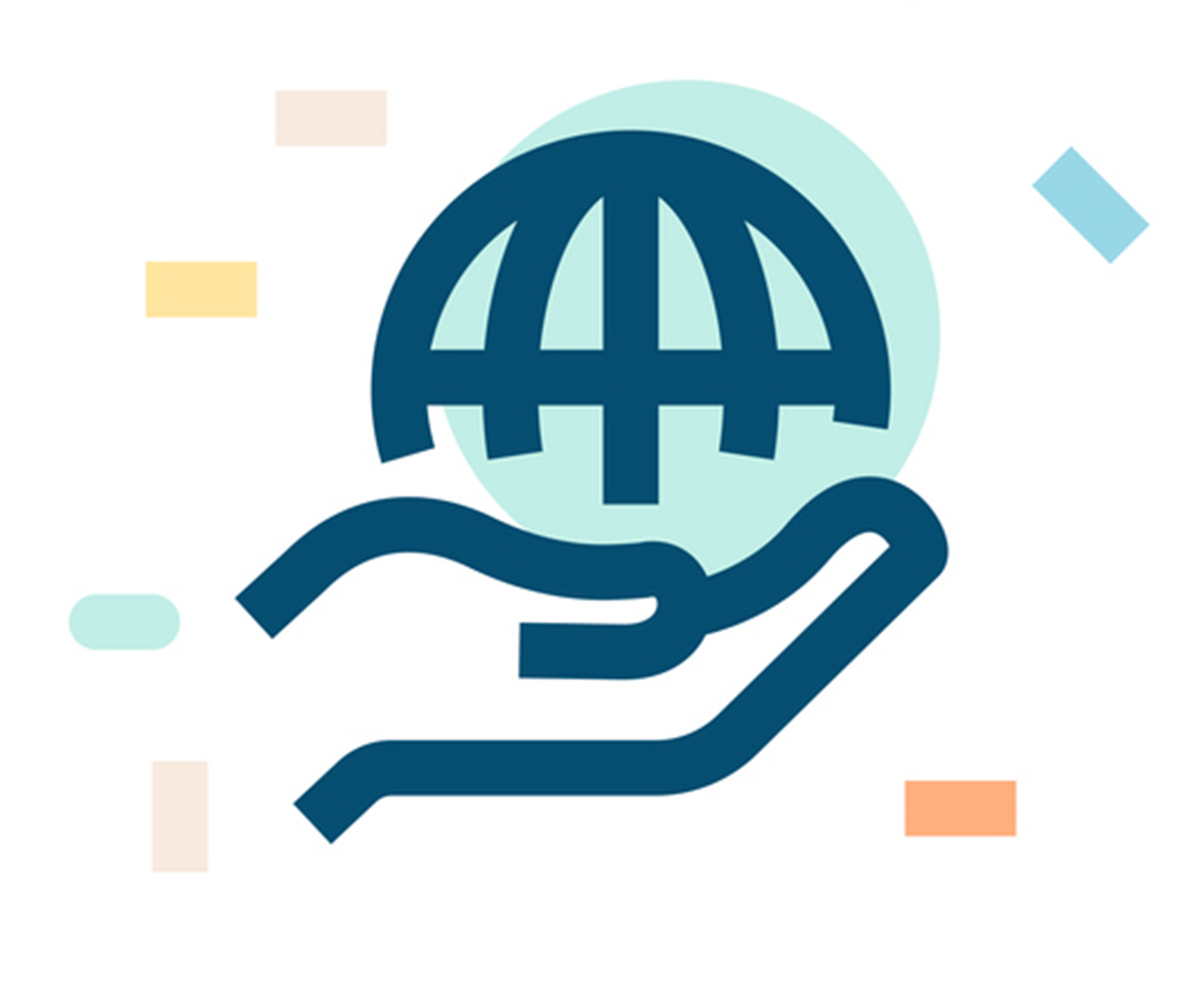The World Water Council

Who we are:
The World Water Council is an international multi-stakeholder organization, created in 1996 and based in Marseille. Its working languages are English and French.
The World Water Council has 260 member organizations, which come from 52 countries across 5 continents.
The World Water Council's mission is to gather the international community to convince decision-makers that water is a political priority for the sustainable and equitable development of the planet.
What we do:
• The Council focuses its activities around 3 main areas:
|
|
|
|
Organize the World Water ForumTo catalyze collective action for water and gain concrete results.
|
• Co-organizing the World Water Forum
The World Water Forum has become the largest international event on water. It is co-organized every 3 years by the World Water Council and a host country. The 9th World Water Forum took place in Senegal in 2022, the next one will be held in Indonesia in May 2024.
More information on the World Water Forum
• A community
The World Water Council has 260 member organizations, which come from 52 countries across 5 continents. Together, we are trying to bring a spirit of community around one goal: Making water a political priority.
• Members are classified into five categories, called "colleges":
1. Intergovernmental organizations:
United Nations agencies, intergovernmental institutions, international financial institutions, development banks.
2. Governments and governmental organizations:
State agencies, ministries, local and regional authorities, municipalities, basin authorities, parliamentarian associations, national development agencies.
3. Commercial organizations:
Companies and public services, including state-owned companies.
4. Civil society organizations:
Foundations, charity organizations, NGOs and environmental associations, consumers associations.
5. Professional and academic organizations:
Professional federations, universities, schools, research and training centers.
Every three years during its General Assembly, members of the Word Water Council decide on its governance. Each member has one vote (regardless of their size and college) to elect the Board of Governors. The Board of Governors is the decision-making body of the organization, it reports periodically to its members.
See the full list of all member organizations by clicking here.



